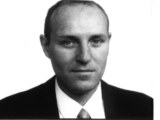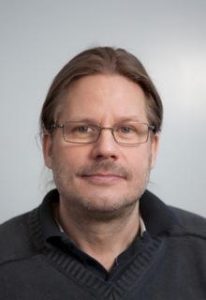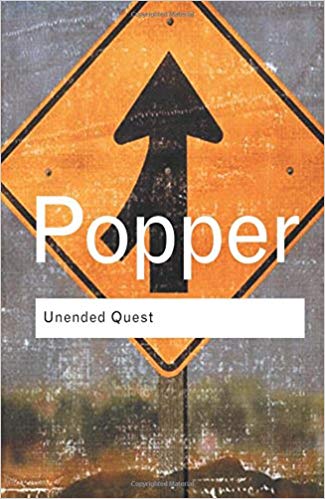
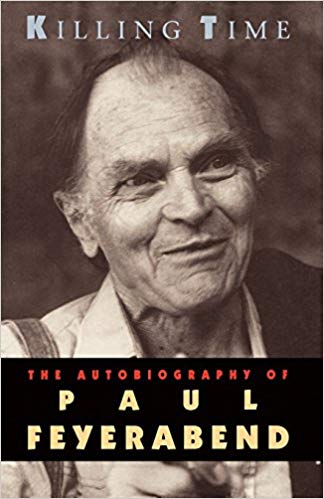
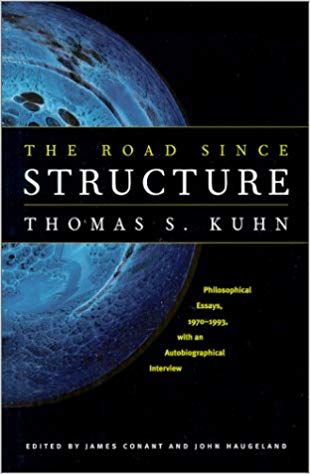
Every fall, I cover some ideas on philosophy of science and epistemology in the lecture Geschichte der Psychologie; this year I read, as preparation, two autobiographies (Karl Popper, Paul Feyerabend) and an autobiographical interview (Thomas Kuhn) as way to source the origins of these authors’ ideas.
I found myself thinking how much of how these authors’ personalities poured into their work and autobiographical narratives. Popper: the logician, always interested in demarcation and a clear line of argument for his work as much as his life. Feyerabend: the nazi war-hero that stumbled into philosophy, self-absorbed, forever in opposition, restless and unstructured. Kuhn: the “physicist turned historian for philosophical purposes”, clearly preoccupied with the solving of (scientific/sociological?) puzzles, perhaps taking himself less seriously than the other two, but equally ambitious and preoccupied with making a mark on science/history/philosophy.
For the authors themselves autobiographies are, I imagine, a way of coming to terms with one’s own life, building a narrative, taking stock. For the reader, autobiographies offer a window into someone’s mind, they help put authors’ work into as much as historical as a personal context, and to see science as an all too human enterprise. After all, how much “ego” does it take to write an autobiography in the first place? How much modesty is compatible with success in science or art?
I would venture that few academics share F.W. Bernstein’s (tongue in cheek?) self-deprecation…
Bilanz
Hab keine Romane geschrieben,
keine einzige Sinfonie.
Mein Umsturz ist Stückwerk geblieben,
wie meine Tanztheorie.
Nicht eine Kathedrale!
Kein Dachgeschoss ausgebaut!
Und wenn ich mal male,
wird’s Mist!
Nie im Puff und keine Visionen,
kein Sieg, keine Oper, kein Mord.
Kein Starkult und keine Millionen,
kein Hit, kein Hut, kein Rekord.
Nobelpreis? Nix draus geworden.
Kein Kriegsheld, Konzernherr, null Orden.
Tor des Monats, Befreiungskampf, Geige?
Macht? Schönheit? Genie? Fehlanzeige.
Nur dieses kleine Gedicht,
Reicht das nicht?
